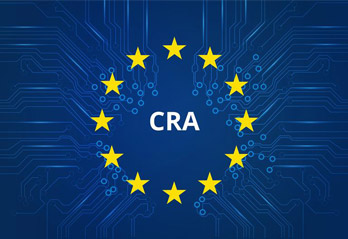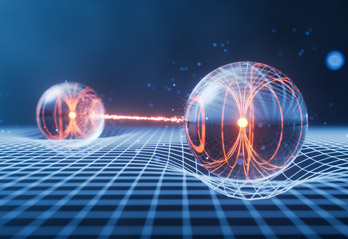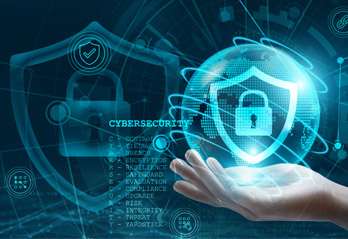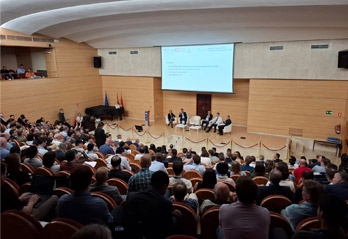ETSI Elects Three Prominent Leaders to Drive the Creation of New Standards under the EU Cyber Resilience Act
Posted by ETSI COMS TEAM 8785 HitsSandra Feliciano, Dr George Sharkov, and Simon Phipps to lead ETSI’s EUSR Working Group developing European standards for the Act
Sophia Antipolis, France, 16 September 2025
ETSI is pleased to announce it has elected three new officials to lead EUSR Working Group within TC CYBER, a standardisation working group to support the EU Cyber Resilience Act. In response to a request from the European Commission in early June of this year, ETSI is facilitating the harmonisation of cybersecurity standards for digital products across the EU. Its three new appointments, Sandra Feliciano (Chair), Dr George Sharkov (Vice-Chair), and Simon Phipps (Vice-Chair) bring a wealth of diverse expertise in standardisation, conformity assessment, SMEs and open source software development.





